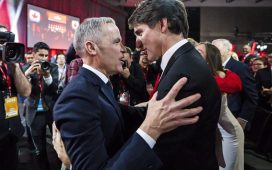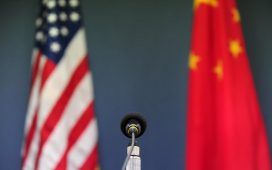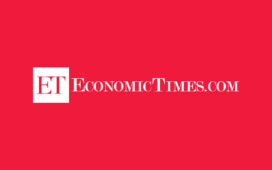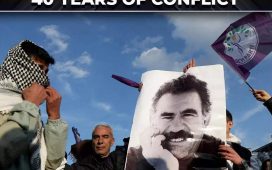
India was represented at Friday’s meeting by its Moscow-based envoy Pawan Kapoor. ET was the first to report that India will participate in the Moscow format meet in Kazan on September 29.
The fifth meeting of the Moscow format on Afghanistan also witnessed the participation of special representatives and senior officials from Russia, China, Pakistan, Iran, Kazakhstan, Kyrgyzstan, Turkmenistan and Uzbekistan.
Representatives of Qatar, the UAE, Saudi Arabia and Turkiye also attended the meeting as invited parties. Acting foreign minister of Afghanistan Amir Khan Muttaqi took part in the meeting.
During the meeting, the participants exchanged views on the current situation in Afghanistan with an emphasis on regional security and that country’s integration into regional economic processes, officials said.
The participants once again called on the Afghan authorities to create a truly inclusive system of government, reflecting the interests of all key ethnopolitical groups in the country and also to step up counter-terrorism and anti-drug efforts.All the participants gave assurances to continue providing humanitarian assistance to Afghanistan.At the end of the meeting, the participants adopted the Kazan Declaration of the Moscow format of consultations on Afghanistan.
The participants observed that despite the appointment of some individual representatives of various Afghan ethnicities to the Kabul administration, there has been no political pluralism in it.
They urged the Kabul authorities to establish a practical, outcome-oriented dialogue with the representatives of alternative ethnopolitical groups to complete the process of peaceful settlement and forge a balanced, more broad-based, inclusive, accountable and responsible government in Afghanistan.
In order to improve the welfare of the Afghan people, prevent their further migration and provide conditions for the return of the refugees, the Taliban set-up was urged to provide the necessary conditions.
The participants also spoke out for respect of fundamental rights and freedoms in Afghanistan, including equal rights to work, education and justice, without distinction as to gender, ethnicity or religion. While expressing concern about restrictions imposed on women’s employment and girls’ education, the meeting urged the Afghanistan government to promote modern education in schools conforming to international standards.











